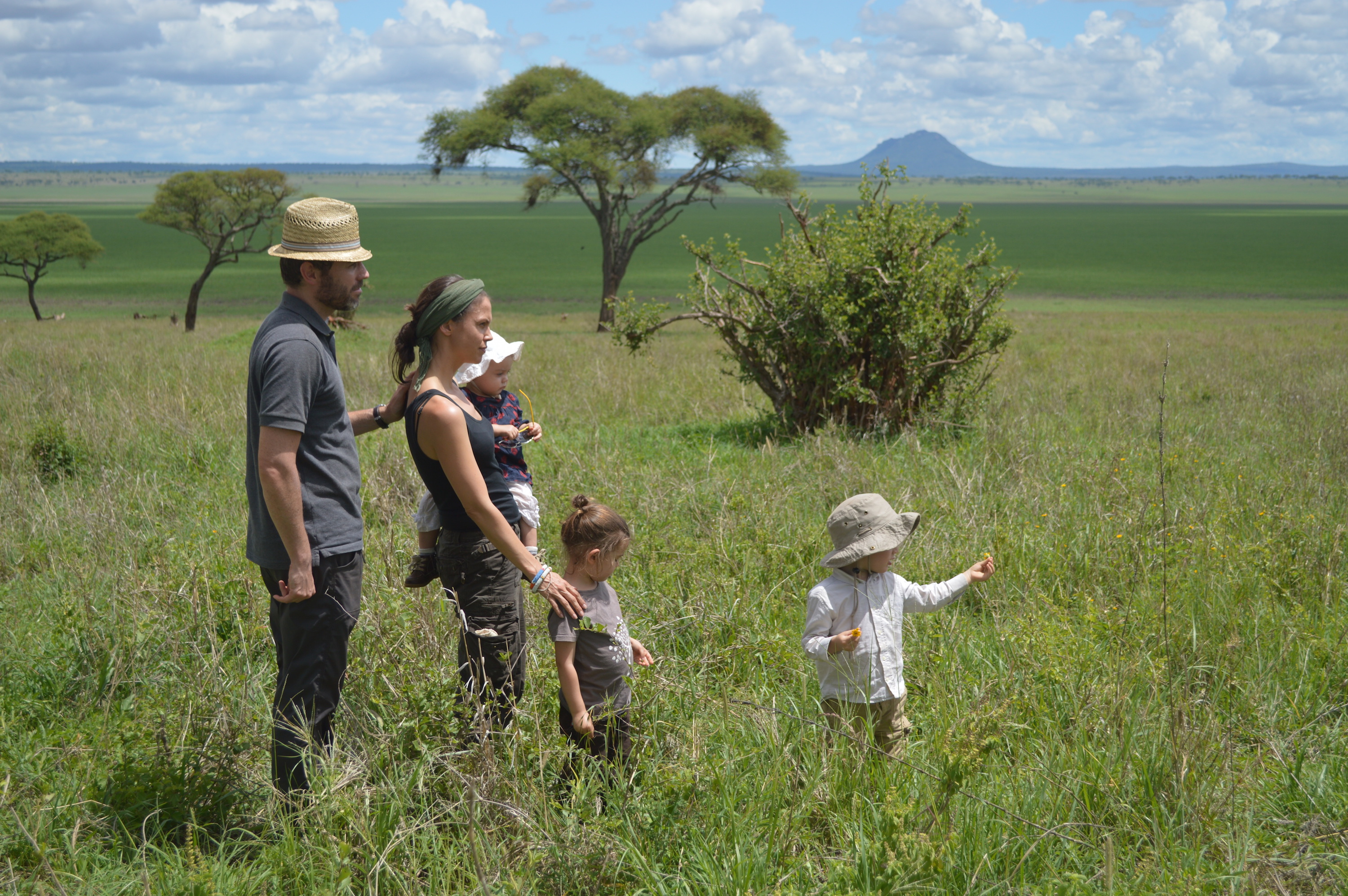2018 Alumna of the Year: Wendy MacClinchy ’92
Wendy MacClinchy ’92 has dedicated her life to a simple, but powerful intention—to be an agent for good in the world. For nearly two decades, MacClinchy has focused her work on global peace and security, humanitarian crises, and sustainable development.
After volunteering with the U.S. Peace Corps in Morocco following her college graduation, MacClinchy worked with the United Nations in Afghanistan, Liberia, Iraq, Lebanon, the Democratic Republic of the Congo, Japan, and at their Headquarters in New York.
“Since I was a child, I wanted to be a positive agent of change,” MacClinchy said. “I wanted to work to alleviate suffering and poverty, combat inequality and social injustice, improve environmental protection and sustainability in our economic growth model, reach those displaced and affected by wars, and, ultimately, try to get at conflicts’ root causes.”
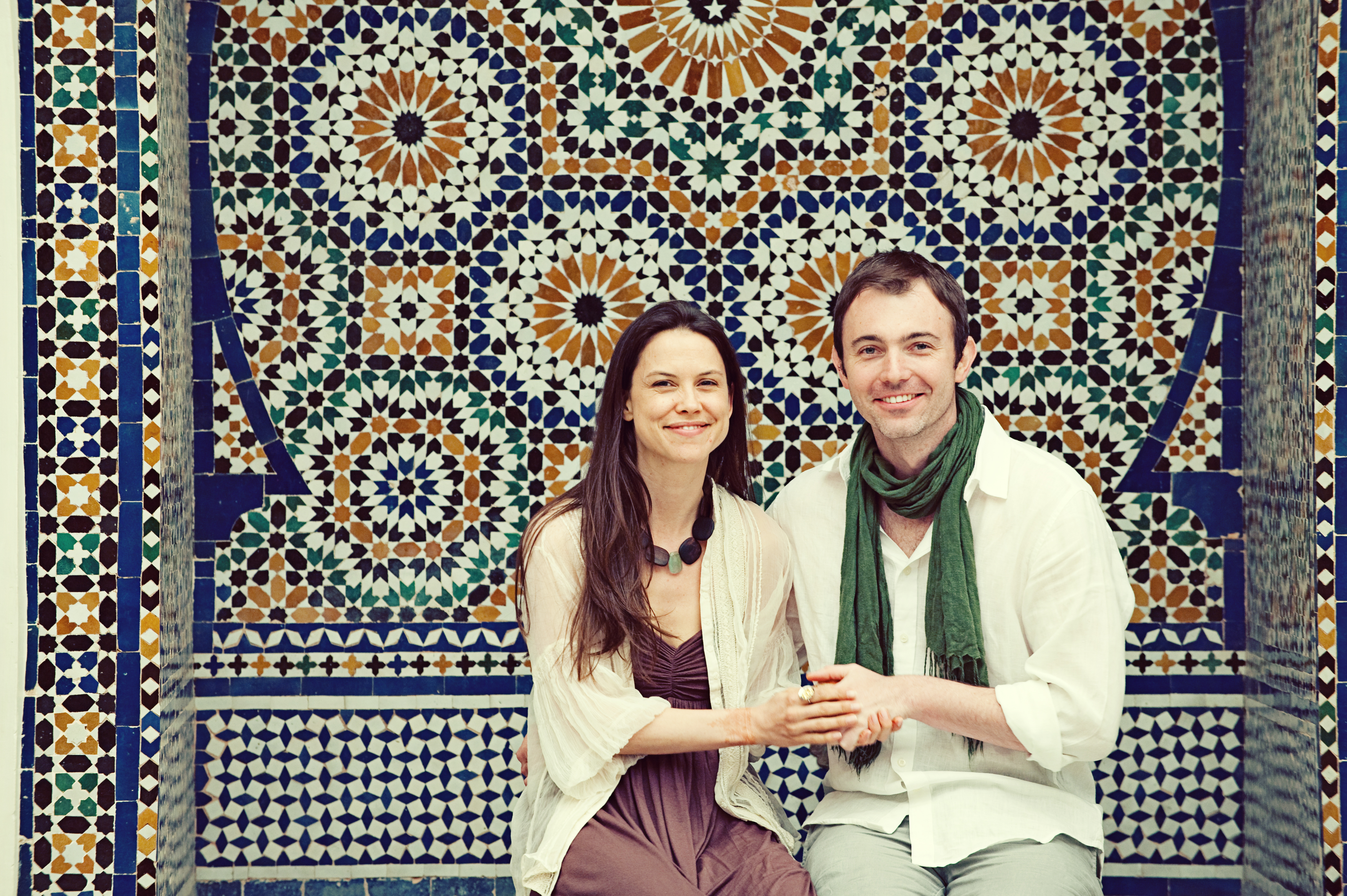
MacClinchy has served directly under five U.N. Under-Secretary Generals and most recently has used her senior-level experience in U.N. fieldwork to develop evidence- based research, and policy and guidance that has been recognized by U.N. leadership.
In 2016, she published a flagship report for the Organization for Economic Co-operation and Development called “States of Fragility: A Violent World.” The report examines evidence linking multidimensional state/ societal fragility and violence. MacClinchy’s experience in large- scale U.N. peacekeeping and political missions in countries deeply affected by cycles of chronic conflict and poverty helped steer the report.
Her work with the U.N. began in Afghanistan where she managed humanitarian and reconstruction programs and an emergency employment program that created 45,000 jobs for acutely vulnerable Afghans affected by three decades of war.
The U.N. then moved MacClinchy to Liberia in the immediate aftermath of its tragic civil war, as a new peacekeeping mission was established. She served as a U.N. representative and helped Liberians rebuild their country. From Africa, MacClinchy moved to Iraq and served as a senior U.N. advisor to the Iraqi government. This was followed by policy work at the U.N. headquarters in New York City, before deploying to serve in both U.N. peacekeeping and political missions with her husband. In Beirut, she negotiated a crisis response strategy and led the coordination of 25 U.N. agencies during the Syrian refugee crisis in the region.
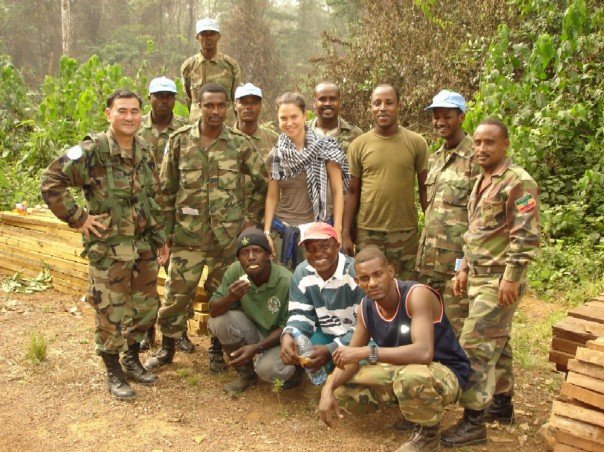
While some of her work has been recognized by heads of state, MacClinchy said the personal examples of impact resonate most with her emotionally. These more often draw from earlier in her career when her fieldwork allowed more direct contact with affected people.
“I am incredibly fortunate to be able to do such deeply fulfilling work. I claim no grand successes, nor deserve credit for any singular achievements,” MacClinchy said. “Anything remarkable I may have done has been the result of the contributions of so many others. I do hope I’ve been able to leave behind some good.”
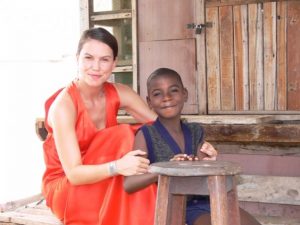 MacClinchy incorporates skills she learned at Milton Hershey School into her work. Volunteering and community service deepened a sense of obligation for civic engagement. Leadership opportunities and advanced academic programs cultivated independence. The family environment of the school instilled responsibility. The spiritual education laid the groundwork for an ethical mooring.
MacClinchy incorporates skills she learned at Milton Hershey School into her work. Volunteering and community service deepened a sense of obligation for civic engagement. Leadership opportunities and advanced academic programs cultivated independence. The family environment of the school instilled responsibility. The spiritual education laid the groundwork for an ethical mooring.
“The legacy of Milton and Catherine Hershey meant we got a world class education normally accessible only to the wealthy,” said MacClinchy. “For once, it was okay that we were poor. Or, a woman. Or, a minority. Or, came from ‘broken homes.’ MHS helped us turn these ‘disadvantages’ into assets. We learned real, hard-won perseverance. The stability MHS provided, channeled our vulnerability to myriad risks into constructive outlets – music, sports, arts, friendships and academics.”
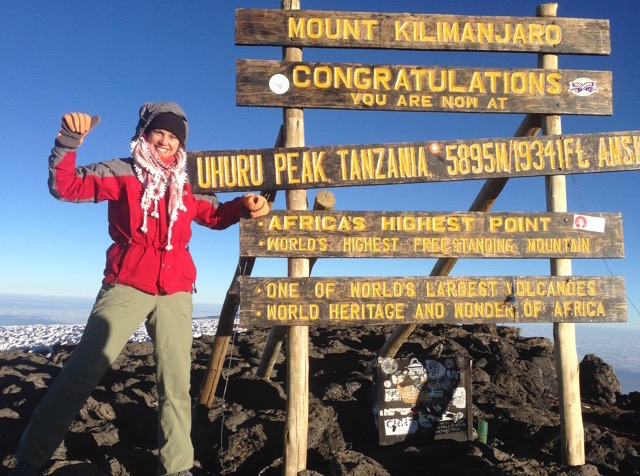
MacClinchy enrolled at Milton Hershey School in 1989 at age 15. Her father left home when she was 3 years old—leaving her mother to care for four children. MacClinchy’s mother worked three jobs to make ends meet all while putting herself through college. That’s when they discovered MHS and MacClinchy’s older brothers, Bill MacClinchy ’86 and Christopher MacClinchy ’90, enrolled in middle school.
Wendy MacClinchy followed her brothers to MHS a few years later. At MHS, she grew from being a troubled teenager to a commencement speaker and student leader.
“There was a lot going on at home, and it manifested in behavior problems and poor performance at school despite my honors placements,” said MacClinchy. “In my current work, we describe [my growth at MHS] as ‘transformational change’ – it is the kind of change we try to make possible for people made most vulnerable by conflict, displacement, extreme poverty, natural disasters or marginalization. It is a deep and profound change, one that resets the trajectory of your life.”
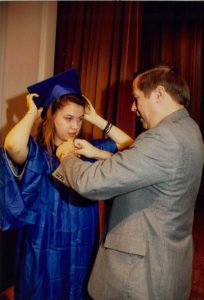
MacClinchy and then high school principal Jack Storm.
MacClinchy’s dedication to improving the lives of others became evident during her time as a student. She utilized strong mentors, like then High School Principal Jack Storm, for nurturing her public speaking, writing, and leadership skills. In the student home, houseparents Galen and Florence Imler helped MacClinchy develop soft skills by learning to handle life’s challenges with a thoughtful approach.
She participated in the Visual and Performing Arts program and the swim team. Her penchant for making a difference led her to contribute countless hours volunteering in the local community, working on student publications, and leading student government. She participated in the Summer Intensive Language Institute at Penn State University to study Chinese and Senior Year Early College Enrollment at Lebanon Valley College.
After graduating from MHS, MacClinchy studied international relations at George Washington University then moved to Rutgers University where she earned a degree in environmental policy. She then worked at several nongovernmental organizations dealing with poverty and food insecurity in the United States, while working second jobs to save money to travel.
During a nine-month backpacking trip around the world, MacClinchy witnessed extreme poverty. On return, she joined the U.S. Peace Corps, deploying to the remote Atlas Mountains of Morocco. Following the tragedy of 9/11, her role became as much about forging bridges between America and the Muslim world at a very divisive time, as it did about development work.
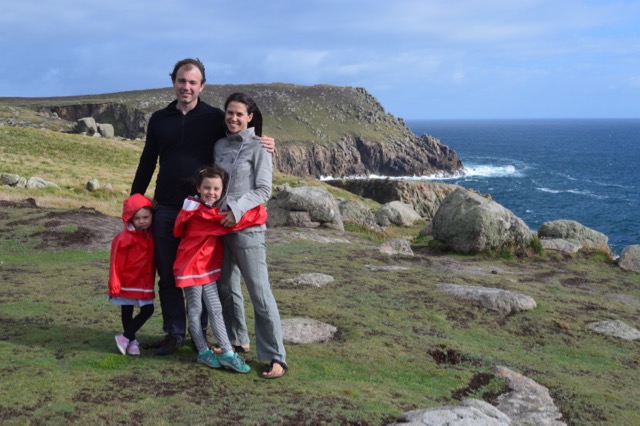
Her work for the U.N. has taken her to Africa, Asia and the Middle East. Following her time in Iraq, MacClinchy took time to earn a master’s degree in management at the London School of Economics. She also received a fellowship for the advanced study of non-violent conflict resolution at Tufts University Fletcher School of Law and Diplomacy in Boston.
MacClinchy and her husband, Adam Day, who also works for the U.N., have two daughters, Kaia Safia, age 9, and Satya Niara, age 6.
Reflecting on the impact of MHS on her life, MacClinchy said:
“The school put its trust in us at great risk and expense. It was an investment in our character, in our future, often against the odds. MHS took a risk in me, as it did with all of us. That meant a lot. I can honestly say it not only changed my life, but probably saved it. Though I wouldn’t have admitted it at the time, every single aspect of MHS life – from morning chores, to academic work, to earning the trust of teachers, houseparents and peers, to sports and activities, were each an investment into building the character and integrity required for a successful career in any field. The discipline and rigor taught us responsibility and gave us stability. The MHS community showed each of us we were worthy. That was powerful.”
